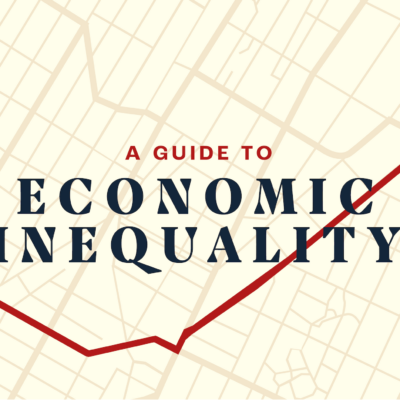
RECOMMENDED READING
Business leaders who complain constantly of “talent shortages” or “skills gaps” may, in fact, have only themselves to blame. The perceived weaknesses among their staff may be the result of overambitious or flawed plans. Anyone can see the folly in trying to hire thousands of experienced biochemists at minimum wage to develop cutting-edge drugs. The problem is not a biochemist shortage; the problem is the bad idea. Equally foolish is the software executive who expects an unlimited supply of eager coders, or the plant manager who believes well-trained technicians will line up at his door.
Why do employers believe they should have access to whatever labour they need at whatever wages they choose? Perhaps the culprit is globalisation? Capitalism generated widespread prosperity for centuries by rewarding the most productive uses of available labour. “Every individual naturally inclines to employ his capital in the manner in which it is likely to afford the greatest support to domestic industry, and to give revenue and employment to the greatest number of people of his own country,” posited Adam Smith in The Wealth of Nations. The invisible hand aligned private profit with the public interest not by magic, but because pursuing the former was best achieved through investments that also advanced the latter.
Recommended Reading
Pushing ‘College For All’ Makes Americans Poorer. Here’s What We Need Instead
Oren Cass discusses new American Compass research on the effects of globalization on American workers and domestic jobs.
Report: College Degree Attainment Far Outpaces U.S. Jobs Requiring BAs
PRESS RELEASE—New American Compass analysis finds that wages have stagnated for college graduates without degree-requiring jobs.
A Guide to Economic Inequality
American inequality is higher now than at any time since WWII. The gap is wide and getting wider. Read what the data show and why it matters.











